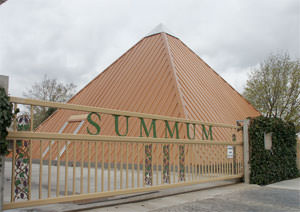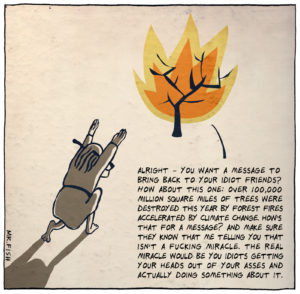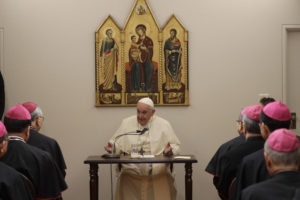Thou Shalt Not Place Monument
A lawsuit tinged with questions of free speech and separation of church and state ended when the U.S. Supreme Court ruled against the Summum religious group's attempts to install a marker of its own in a Utah park that already has a Ten Commandments monument.
A lawsuit tinged with questions of free speech and separation of church and state ended when the U.S. Supreme Court ruled against the Summum religious group’s attempts to install a marker of its own in a Utah park that already has a Ten Commandments monument. The proposed monument would commemorate the Seven Aphorisms that Summum says Moses destroyed on Mount Sinai.
Your support matters…The New York Times:
The Supreme Court ruled unanimously Wednesday that a small religious group cannot force a city in Utah to place a granite marker in a local park that already is home to a Ten Commandments display.
In a case involving the Salt Lake City-based Summum, the court said that governments can decide what to display in a public park without running afoul of the First Amendment.
Pleasant Grove City, Utah, rejected the group’s marker, prompting a federal lawsuit that argued that a city can’t allow some private donations of displays in its public park and reject others. The federal appeals court in Denver agreed.
Independent journalism is under threat and overshadowed by heavily funded mainstream media.
You can help level the playing field. Become a member.
Your tax-deductible contribution keeps us digging beneath the headlines to give you thought-provoking, investigative reporting and analysis that unearths what's really happening- without compromise.
Give today to support our courageous, independent journalists.






You need to be a supporter to comment.
There are currently no responses to this article.
Be the first to respond.